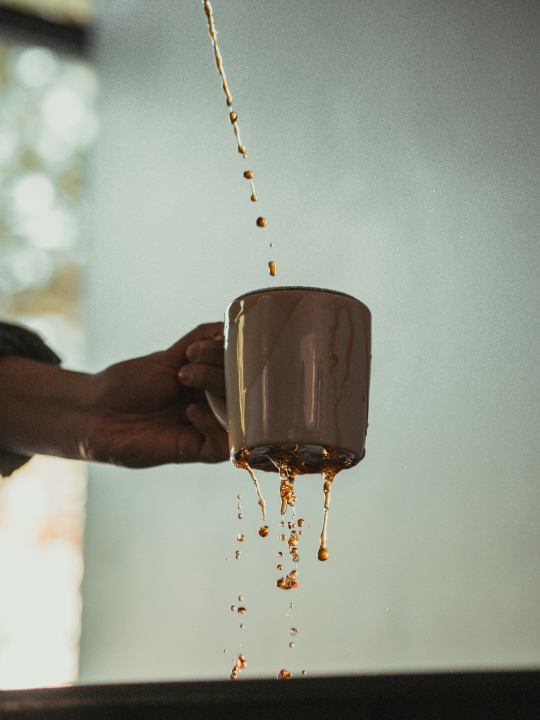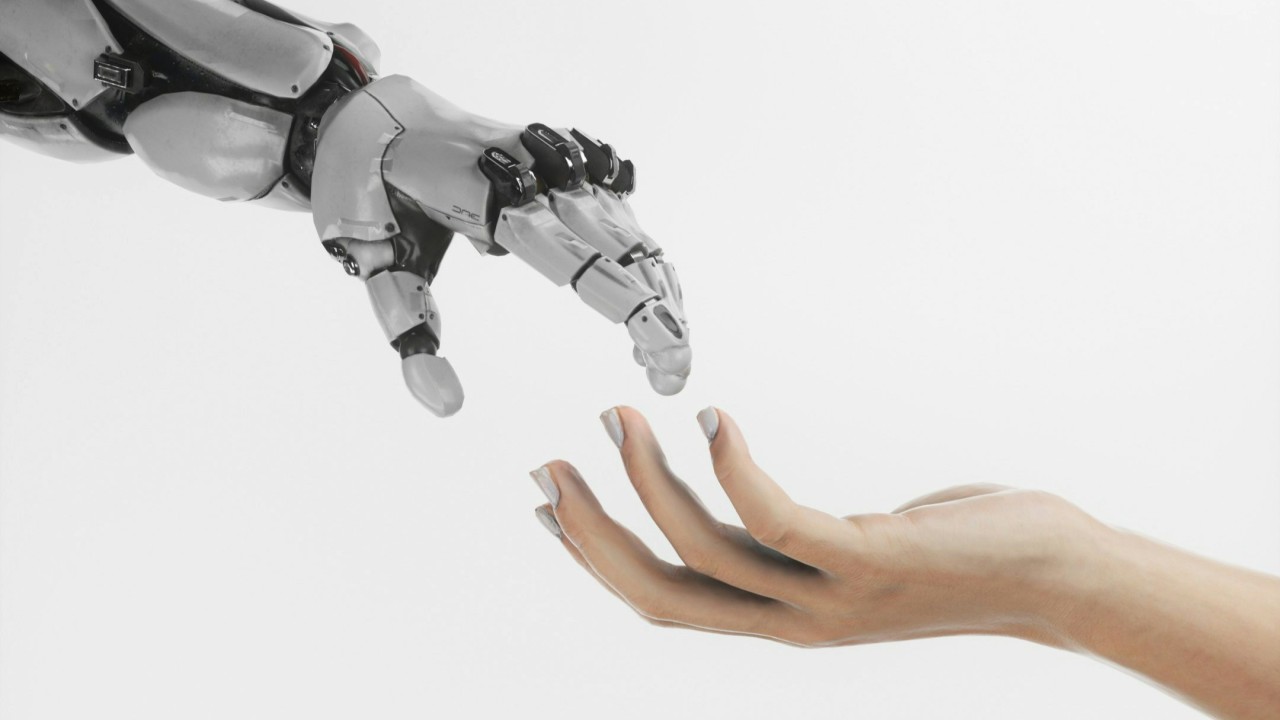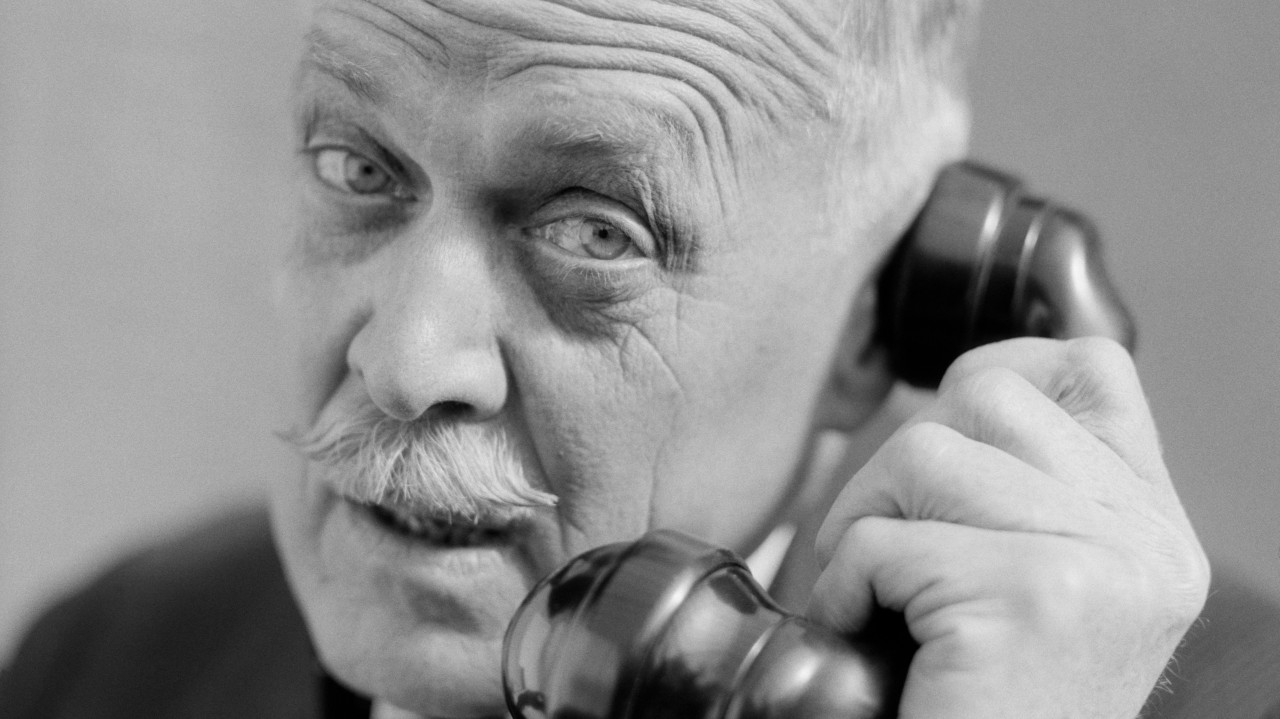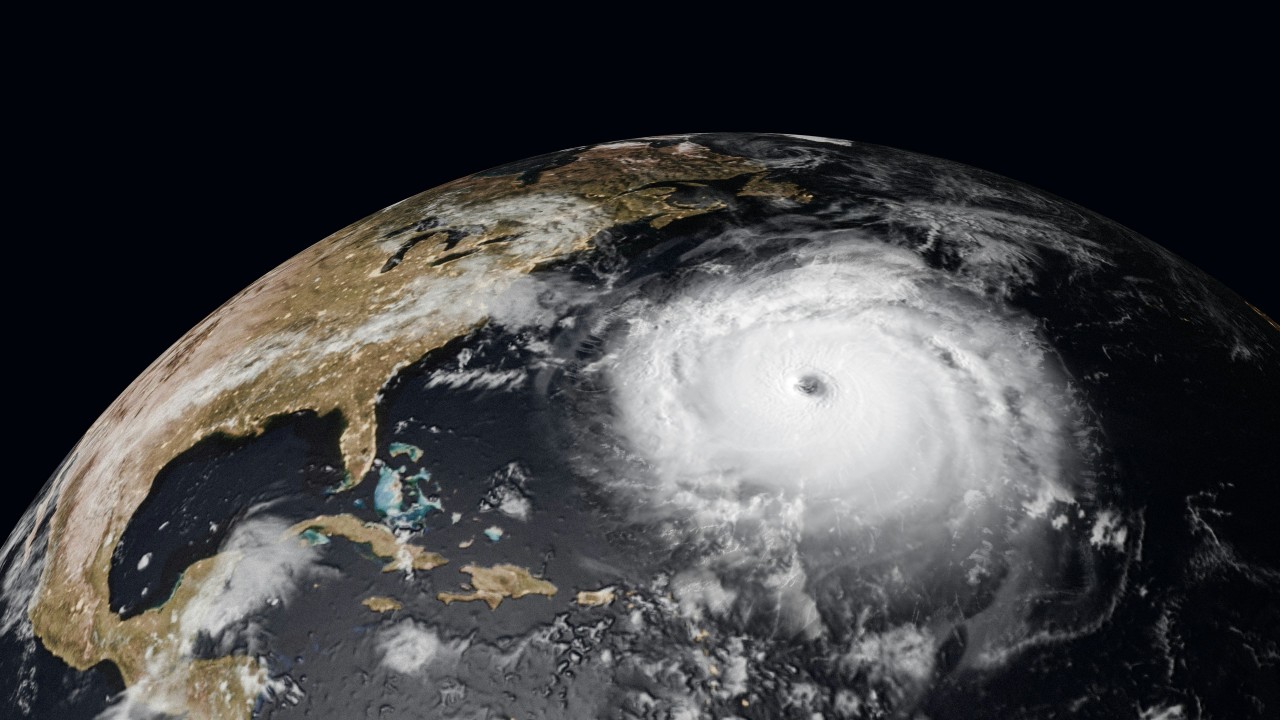One of my favorite teaching tools is a coffee cup. Think about what makes a coffee cup usable. It’s the space within the cup – the emptiness of it. Without that emptiness the cup fails to function.
Imagine that the cup is really full. Due to liquid cohesion (the ability of liquid to stick to the surface of a solid), the liquid can be over the edge of the cup. Regardless, you need to generate some emptiness in that metaphorical cup. You can do that through the practice of stillness, meditation, etc.
You must find a balance between emptiness and fullness. Neither is beneficial to you. A completely empty cup can cause anxiety or a feeling of lack. In practical terms, imagine your schedule for a month and it’s blank – nothing on it. No appointments, no nothing. I think you’ll agree that anxiety will result (at least at some level) from that nothingness. A completely empty cup is too little. It also often causes us to look into the void. When we look into a void, that void also looks back into us, and the conversation that ensues is usually not comfortable nor productive.
On the flip side, when the cup is full (e.g., you have 100 appointments and 15 trips in the next 30 days), that also causes a level of anxiety resulting from a sense of overwhelm. “There’s too much going on; I don’t have time to think; it’s hard to function.”
You want neither anxiety nor overwhelm, so there has to be a balance between emptiness and fullness. As I write this, my cup is admittedly too full, so I do not have space to think and plan, so I’m wrestling with the inquiry of finding my own balance between empty and full. The answer is not to dump out the cup and completely clear my schedule for the next three to six months.
So what is the balance between emptiness and fullness? And how do you create it? In talking to one of my clients, they mentioned they wanted to take Fridays off in the summer, but they’ve failed to do so… and their cup is too full. There’s anxiety for them and an inability to create some distance. Without distance there can never be perspective. The irony is that he wants to take Fridays off to rest and recover and separate from some of the stress caused by a cup that’s too full! He’s failed to structure it, and with structure comes freedom.
There’s a strange thing that happens with busyness (i.e., a full cup): The busier you are, the busier you become. You may think that’s a good idea, but I assure you, it’s not because what’s in front of you dominates the space and eliminates the perspective you need and your ability to take time to think. What’s in front of you has the propensity to seep into your future. Of course, what you give attention to you get more of.
It’s in emptying the cup to create balance between emptiness and fullness that you can gain perspective. That balance is your optimum state, and what that looks like for you can be quite different from what it looks like for me or anyone else. And be careful. If you feel too empty, do not give into the temptation to fill the cup with busyness. What’s actually in your cup matters. Do not fill your cup with that which is neither productive nor constructive.
When thinking about cup contents, let’s go back to a priority matrix. What’s important to you (family, spouse, staff, clients, etc.)? Also, examine your A people, places, and activities to fill needed space in your cup. Differentiate between the urgent/important and not urgent/not important into which fall crises, goals/planning, interruptions, and distractions. You must be honest with yourself when you are prioritizing.
In addition to prioritization, you must keep in mind that at any given moment, there may be a different version of you. Sometimes there’s the frustrated me, sometimes the Buddha-like introspective me, sometimes the spaced-out me, and sometimes the I-don’t-care me. There are many different versions of all of us. Be aware of which person is present at any moment. And be aware that you may have to out-trick yourself to create accountability. For example, while we might often let ourselves down and let ourselves off the hook, many of us would never let another individual down. That mindset, in and of itself, creates accountability. Leveraging this is a way to out-trick yourself consistently.
Besides thinking about what you’re putting into your cup, you must always be mindful of which version of you happens to be doing the filling at that moment. Keep the motive power on the field of play for as long as possible. When the cup is full for too long, there’s burnout. With burnout, there are negative gains. Balance leads to positive gains. Figure out the balance you need between empty and full and strive to maintain it. Yes, there will always be fluctuations. Just don’t let them swing too far in either direction. Balance is the key to success, and honestly, the key to living by design.









